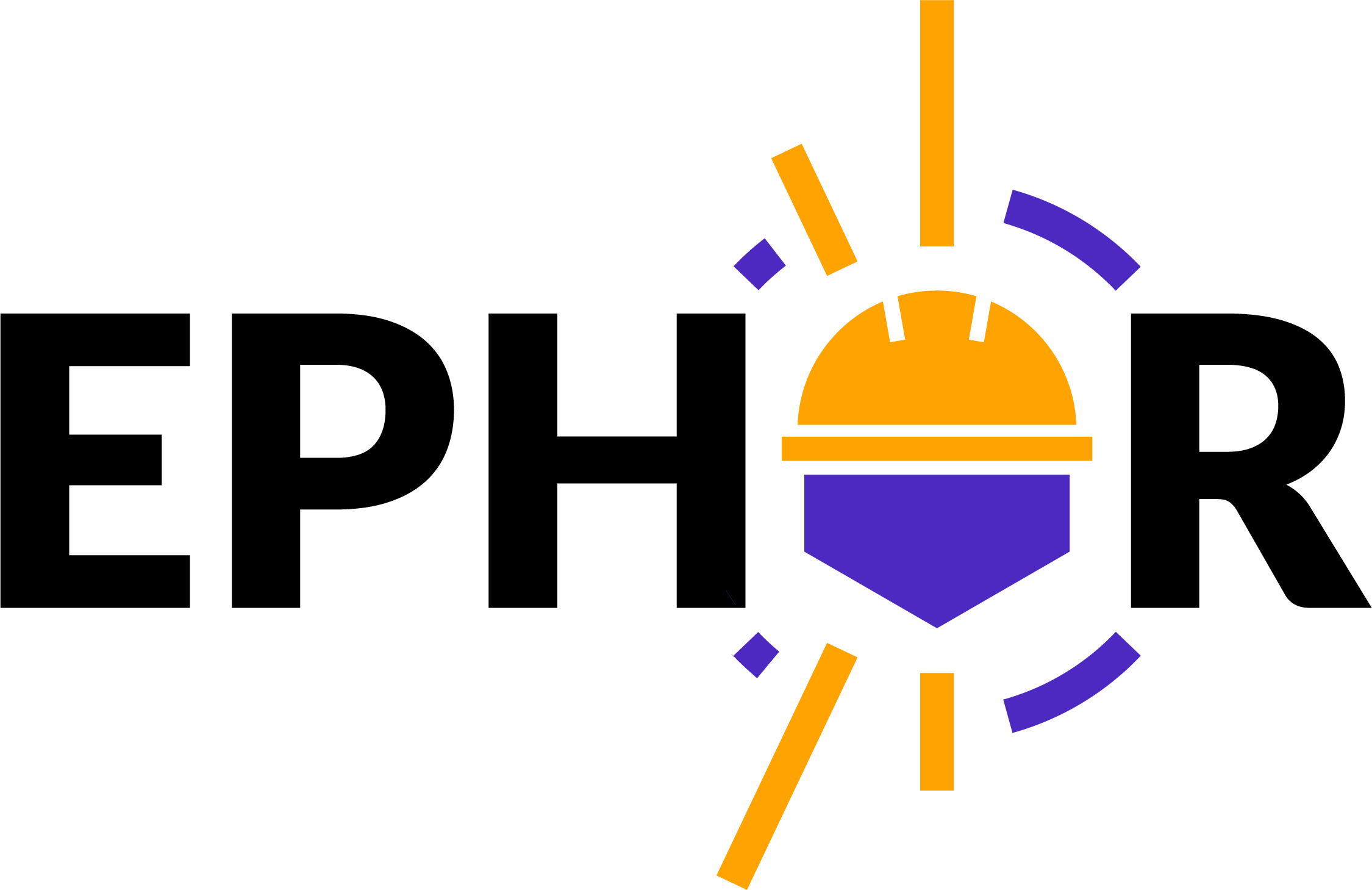Reducing the burden of disease caused by exposure at work: EU EPHOR
WHY FOCUS ON WORKING LIFE?
THE WORKING-LIFE EXPOSOME
The exposome, which takes into account all relevant exposure throughout the course of life in relation to health, is a promising concept for elucidating the complex relationships between environment and disease. We define the working-life exposome as all occupational and related non-occupational exposures (e.g., lifestyle, behaviour) throughout the course of life. Taking a working-life exposome approach will mean a great step for occupational health science. It will help address the current limitations and challenges by providing better insights into the relationships between exposure at work and disease at different life stages.
APPROACH
Within EPHOR we will develop methods and tools to characterise the working-life exposome. By applying these, we will obtain better and more complete knowledge on the working-life exposome. Through uniquely combining large-scale pooling of existing data (>40 cohorts; ~ 21 million people) systematically looking at many types of exposure and diseases with the collection of new data in case studies in which we will investigate the effects of working-life exposure on respiratory health in the general population and night shift workers.
THE EPHOR TOOLBOX AND IMPACT
The toolbox of developed tools, methods and knowledge will be made available to scientists, policy makers and occupational health practitioners. This will enable scientists to use and enhance the data, methods and models in exposome research, rapidly increasing the knowledge base on the working-life exposome. Policymakers and occupational health practitioners can use the toolbox for the development of evidence-based and cost-effective preventive policies and actions. Ultimately, EPHOR will contribute to reducing the burden of NCDs on EU healthcare systems, improving the health and wellbeing of EU citizens, improving the productivity of the EU workforce and increasing the competitiveness of EU industry.
